Theos | Week 3 | Pastor Ben Pierce
Embracing True Freedom: A Journey Beyond Salvation
In this insightful message from Generation Church, Pastor Ben Pierce delves into the profound concept of freedom, particularly the freedom found in Christ. He draws parallels between the independence celebrated on the Fourth of July and the spiritual liberation that Jesus offers, encouraging believers to explore how to experience freedom and maintain it throughout their lives.
Introduction to Freedom
Freedom is a concept that resonates deeply within the human spirit. It transcends borders, cultures, and religions. At its core, freedom represents the ability to live without constraints, to choose one’s path, and to pursue one’s purpose. In the context of Christianity, freedom takes on a profound significance. It is not merely about physical liberation but encompasses spiritual emancipation from sin and guilt. This spiritual freedom is what many seek, yet few understand how to embrace and maintain it fully.
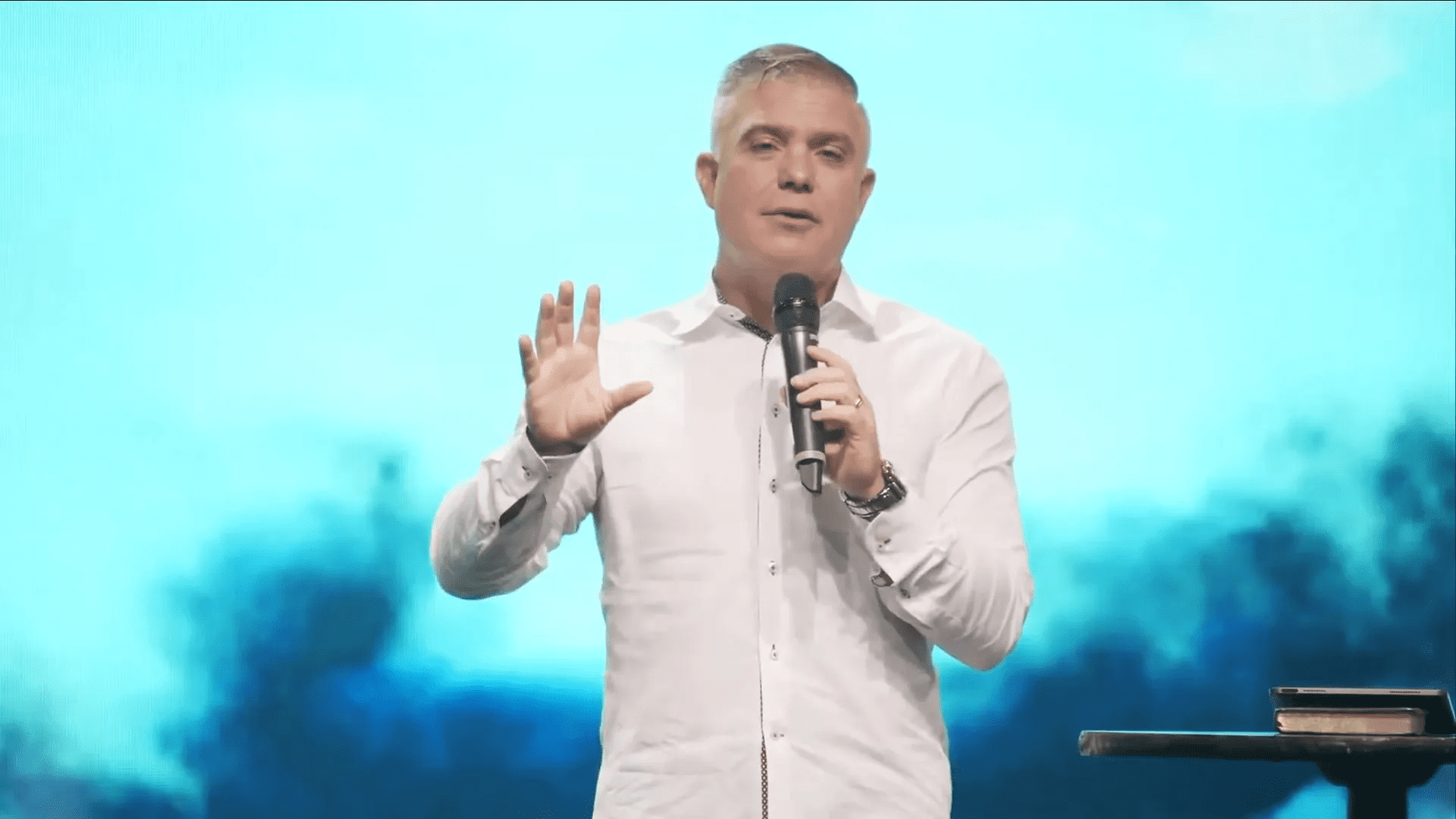
The Foundation of Freedom in Christ
The foundation of freedom in Christ is rooted in the teachings of the Bible. John 8:36 states, “So if the Son sets you free, you will be free indeed.” This scripture encapsulates the essence of true freedom—freedom that comes from a relationship with Jesus Christ. When we accept Christ into our lives, we are liberated from the chains of sin and the burdens of guilt. However, this freedom is not a one-time event; it requires ongoing commitment and growth.
It is crucial to understand that spiritual freedom is a journey. Initially, one experiences a moment of liberation when one accepts Christ. Yet, maintaining that freedom involves a continual process of renewal and transformation. Just as external circumstances can compromise physical freedom, spiritual freedom can be hindered by choices and temptations we face in our daily lives.
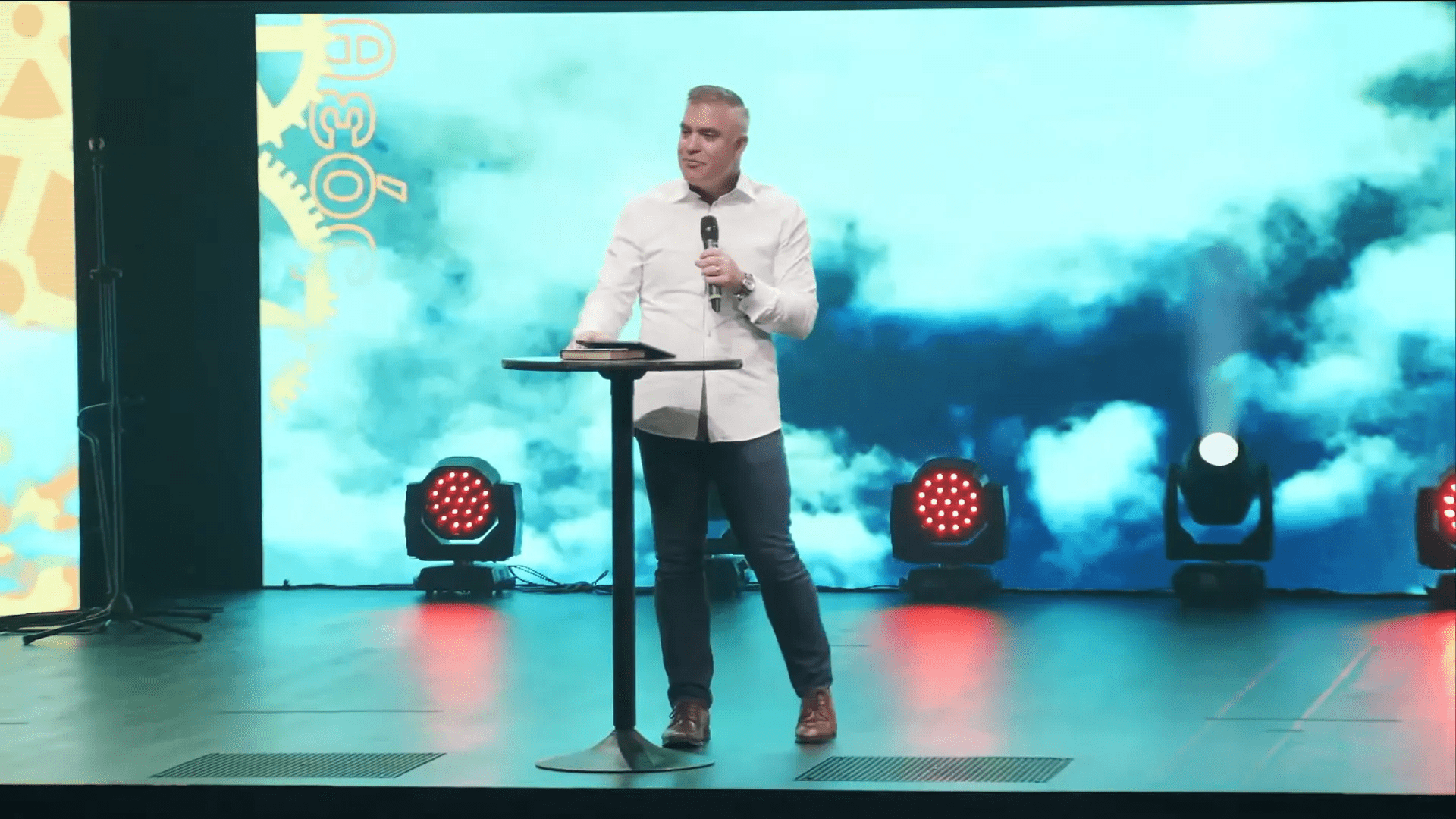
Personal Testimony: A Journey to Freedom
My journey to freedom began when I was 15 years old. I encountered a moment that changed my life forever. Standing in a youth group, I felt a powerful pull towards God. I realized I was trapped in a cycle of poor choices and desires that led me away from a fulfilling relationship with Him. At that moment, I chose to stand up, to accept the freedom that God offered. I was born again, and for the first time, I felt the weight of my past lifted off my shoulders.
However, the journey did not end there. While my spirit was renewed, my mind and emotions were still in need of healing. I faced challenges that tested my resolve. As I navigated the complexities of adolescence, I found myself drawn back into old habits and relationships that threatened my newfound freedom. It was a struggle, a constant battle between the old self and the new creation I had become.
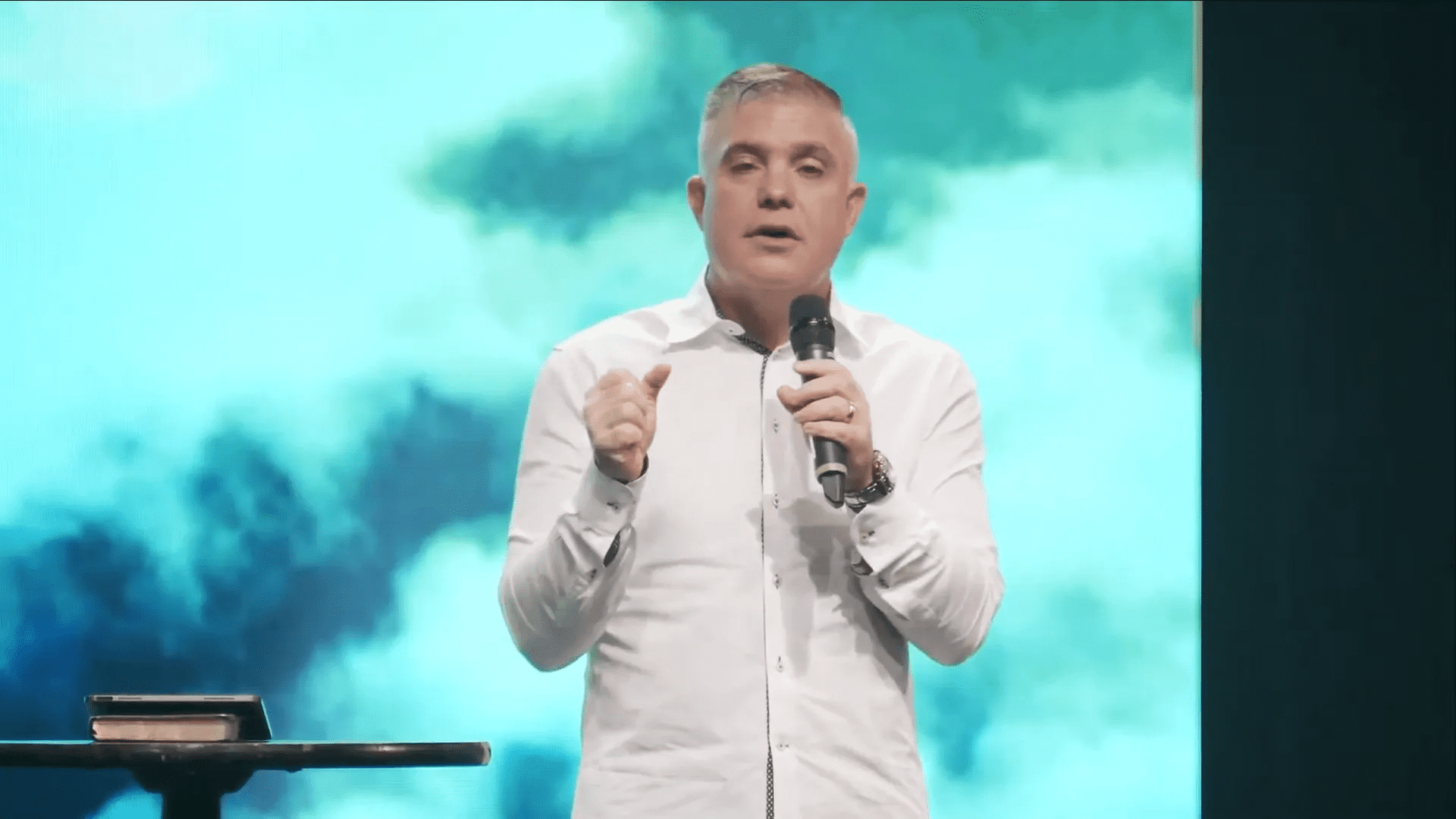
The Struggle for Maintaining Freedom
Maintaining freedom can be one of the most challenging aspects of the Christian journey. Even after experiencing the joy of salvation, many find themselves entangled in patterns of behavior that lead them away from God. The struggle is real, and it often feels overwhelming. It is essential to recognize that freedom is not just about being set free; it is about staying free.
Many factors contribute to the struggle to maintain freedom. Relationships, environments, and personal choices play a significant role. For instance, I remember being in a relationship that pulled me away from my faith. Despite my desire to share my faith with others, this relationship became a stumbling block. I lost sight of the freedom I had gained and found myself returning to the bondage of my past.
This cycle of freedom and bondage can feel discouraging. However, it is vital to understand that God does not abandon us in our struggles. He is continually working to draw us back to Him, to remind us of the freedom we have in Christ. The key is to recognize the areas in our lives where we may be compromising our freedom and to take intentional steps to align ourselves with God’s will.
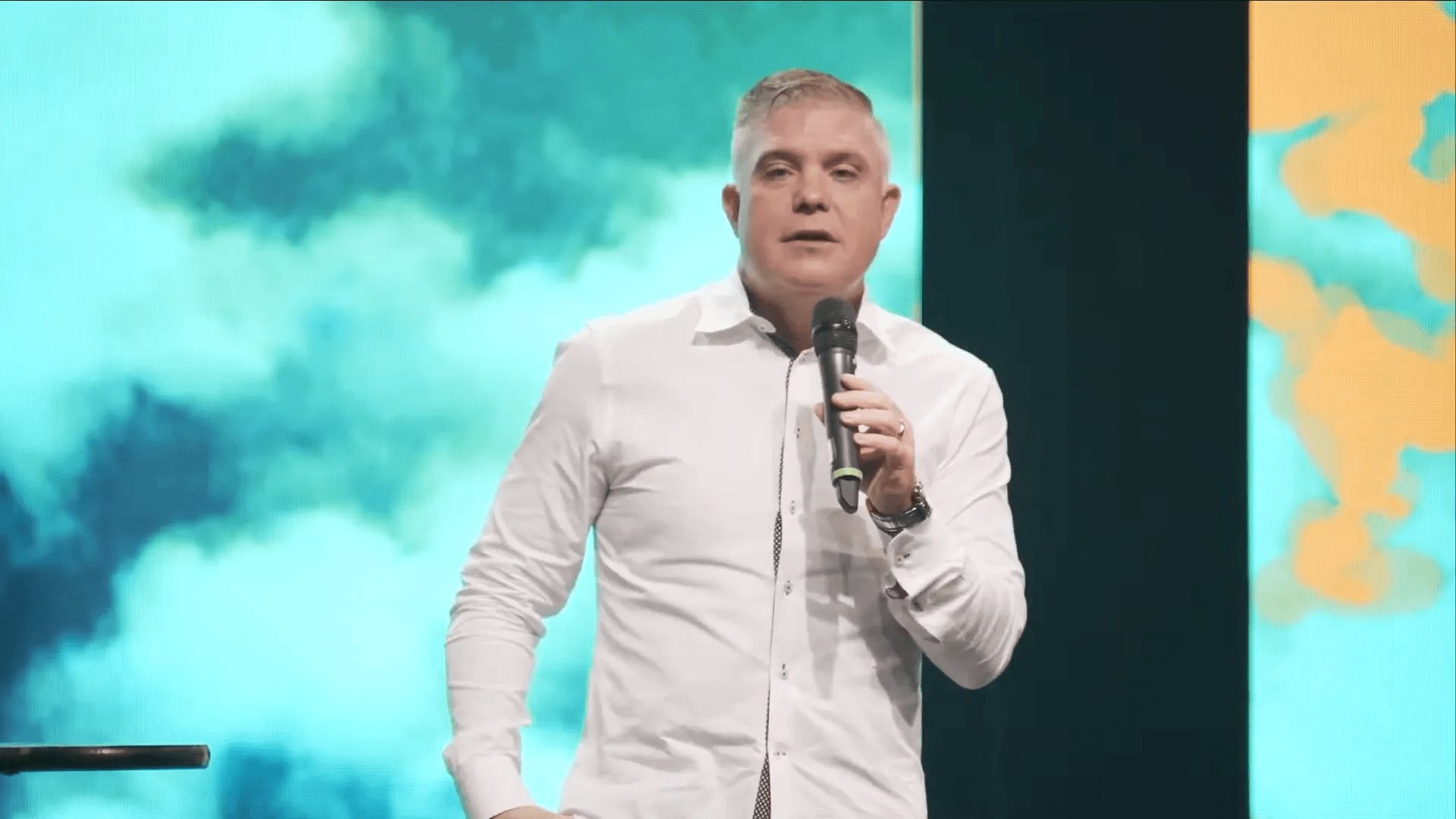
God’s Promise of Salvation and Redemption
God’s promise of salvation and redemption is the cornerstone of our freedom. Romans 6:23 tells us, “For the wages of sin is death, but the gift of God is eternal life in Christ Jesus our Lord.” This scripture highlights the contrast between the consequences of sin and the incredible gift of grace that God offers through Jesus. It is a reminder that while we may struggle, redemption is always within reach.
Redemption is not just about being forgiven; it is about being restored. When we accept Christ, we are not only freed from the penalty of sin but also empowered to live a new life. This new life is marked by the presence of the Holy Spirit, who guides us in our journey and helps us make choices that align with God’s purpose for our lives.
As we navigate the ups and downs of life, it is crucial to hold onto the truth of God’s promises. He is faithful and will not forsake us. Embracing this truth helps us maintain our freedom and encourages us to seek deeper intimacy with God. The journey of freedom is ongoing, filled with opportunities for growth and transformation.
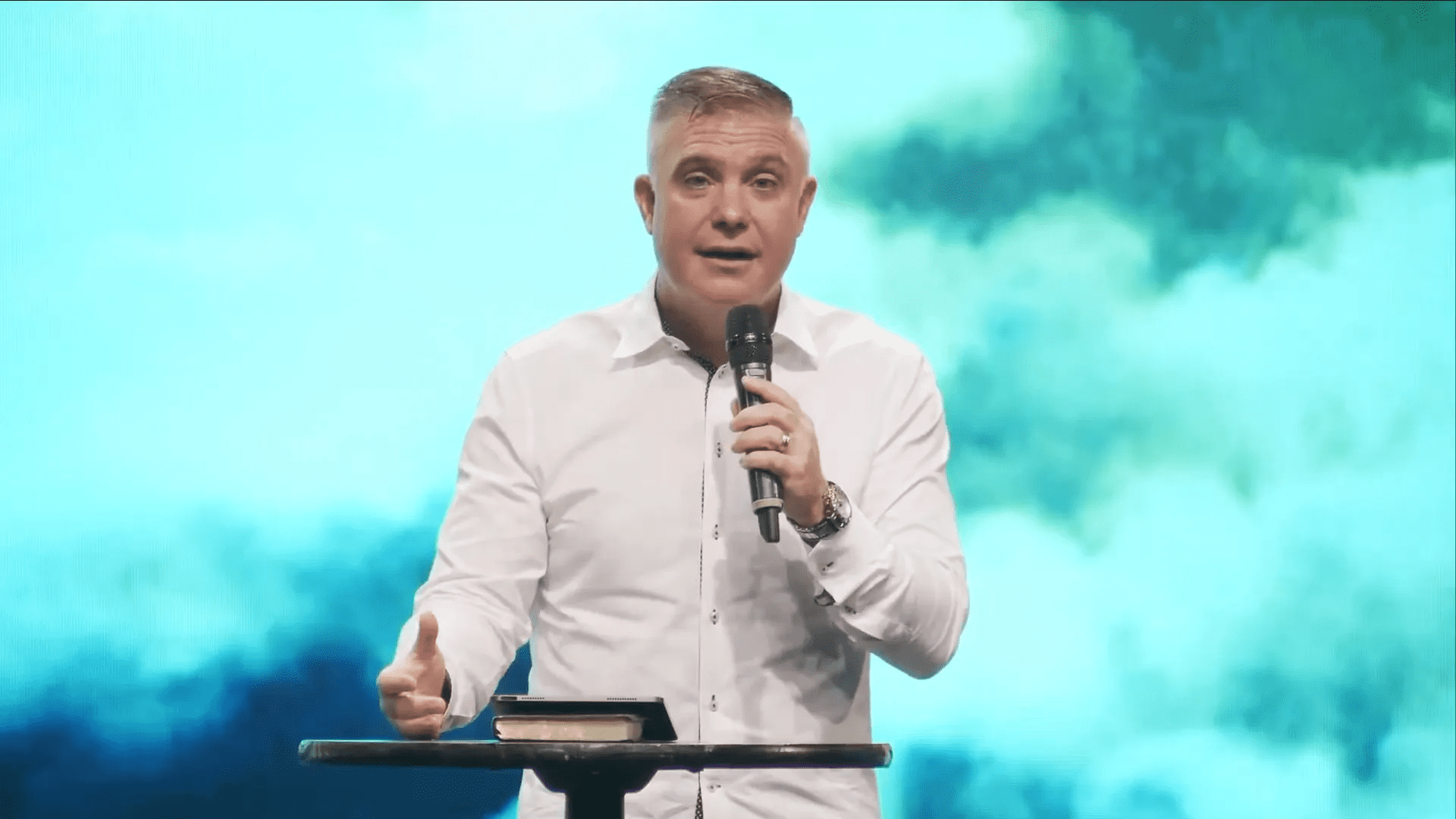
In conclusion, the journey to freedom in Christ is both a powerful and challenging experience. It requires us to confront our past, make conscious choices, and rely on God’s strength. By understanding the foundations of our freedom, sharing our testimonies, acknowledging the struggles we face, and embracing God’s promises, we can experience the fullness of life that Jesus offers.
Understanding the Four Stages of Freedom
The journey to freedom can be broken down into four distinct stages, each representing a significant aspect of the liberation process. These stages not only reflect the transition from bondage to freedom but also highlight the ongoing work God does in our lives.
1. Salvation: Coming Out of Bondage
The first stage is salvation, where God brings us out from under the yoke of sin. This moment of salvation is transformative; it marks the beginning of our relationship with Christ. Just as the Israelites were freed from Egypt, we, too, are liberated from the shackles of sin when we accept Jesus as our Saviour.
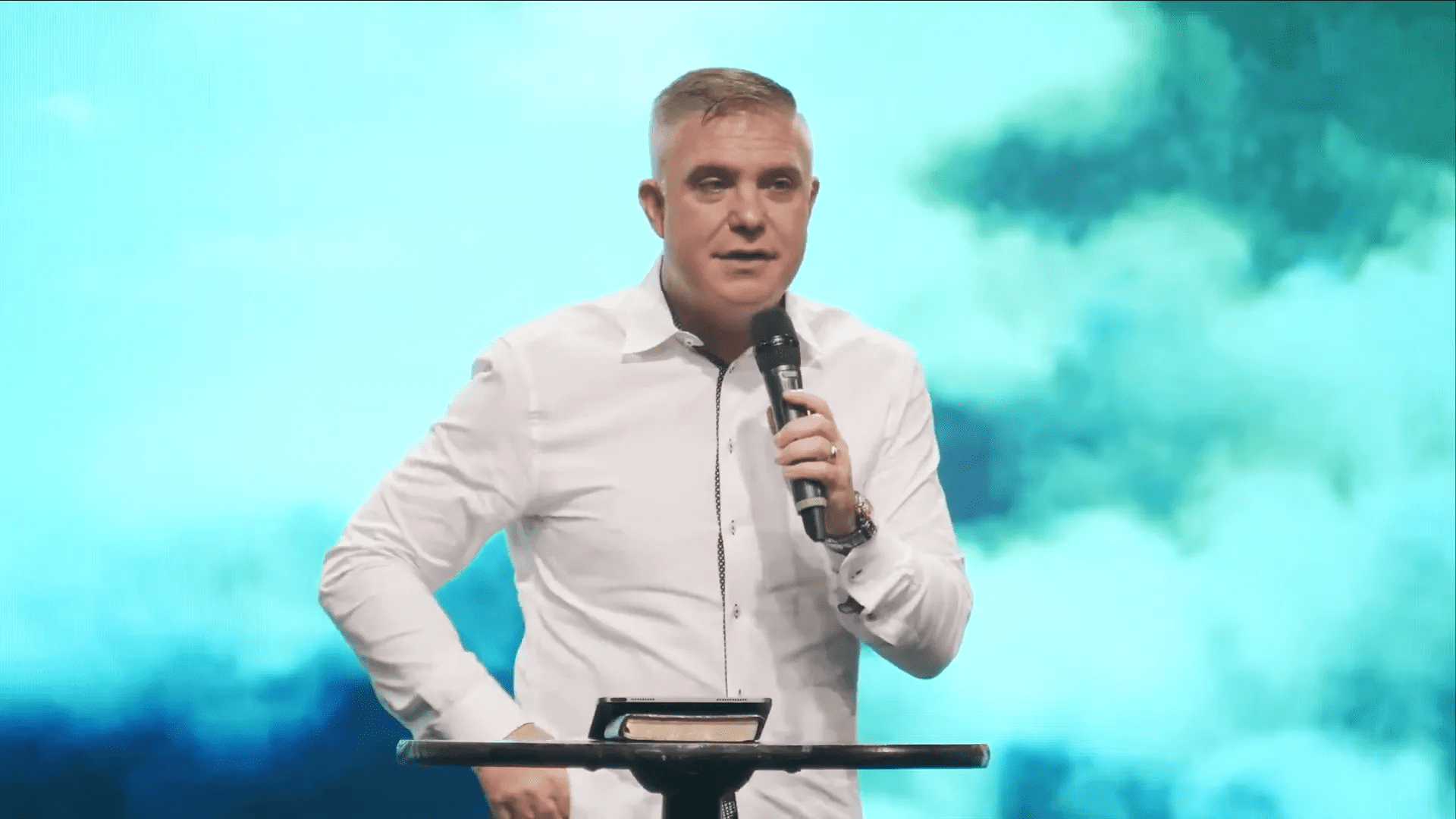
2. Deliverance: Getting Egypt Out of Us
The second stage involves deliverance, where God works to free us from the mentality of slavery. While we may have been saved, it’s crucial to understand that our thought patterns and attitudes must also be transformed. Many believers struggle with identifying themselves as free, often clinging to old mindsets that keep them in bondage.
3. Redemption: Discovering Purpose
In the third stage, we experience redemption, which involves recognizing our purpose in God’s plan. This stage is about moving from being a passive participant in the kingdom of God to an active contributor. When we understand that we have been redeemed with a purpose, we begin to walk in a new level of freedom.
4. Fulfillment: Embracing God’s Family
The final stage is fulfillment, where we fully embrace our identity as part of God’s family. This is akin to entering the Promised Land—a place of spiritual abundance and community. In this stage, we find our place in the body of Christ, experiencing the joys of fellowship and support from fellow believers.
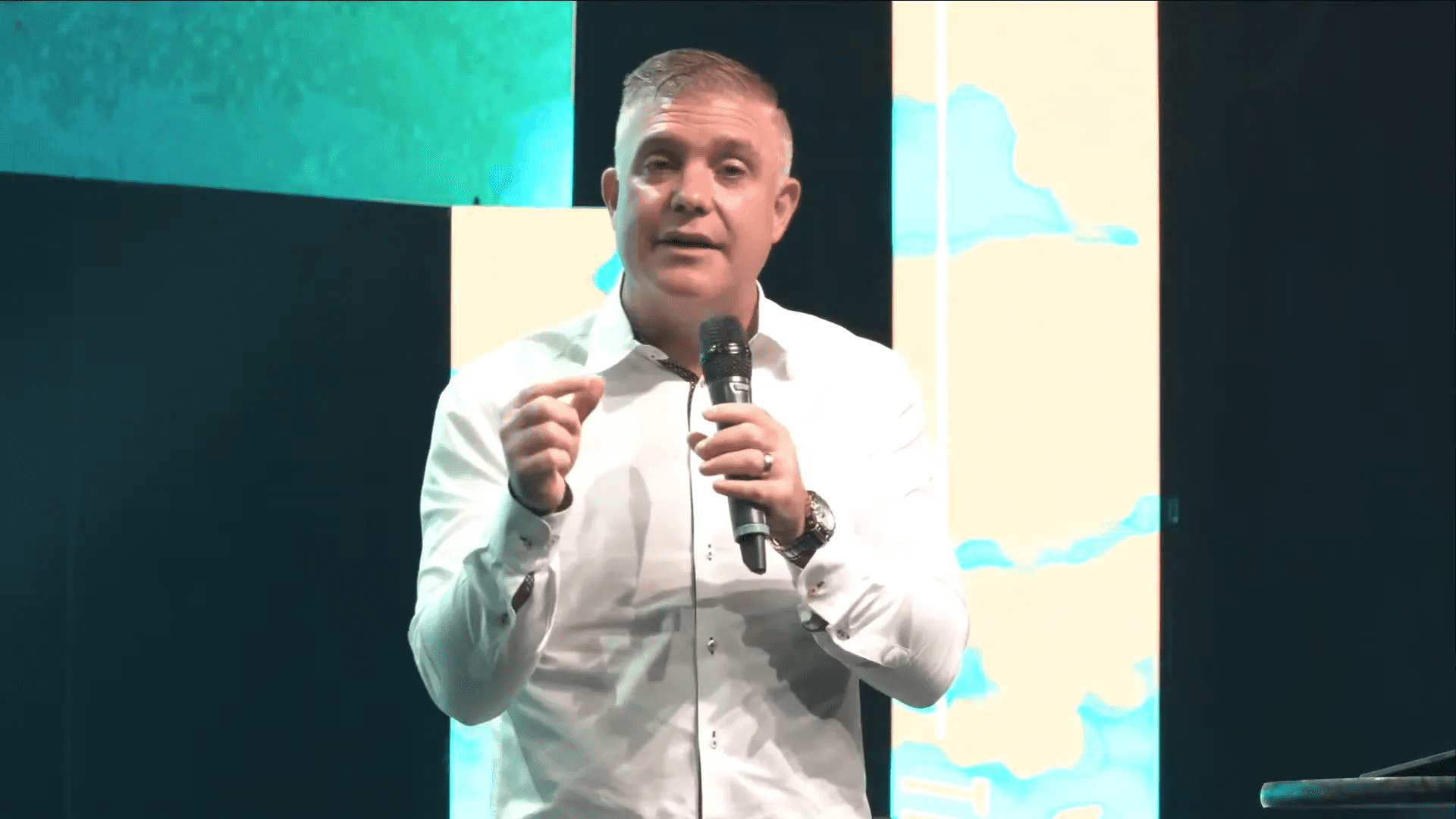
The Importance of Mindset in Freedom
Our mindset plays a crucial role in how we experience freedom. Even after being saved, many believers struggle with a slave mentality. This mentality can manifest in various forms, such as feelings of unworthiness or constant self-doubt. It’s essential to confront these thoughts and allow God to renew our minds.
Renewing the Mind Through Scripture
The process of renewing our minds is vital for maintaining freedom. Romans 12:2 tells us, “Do not conform to the pattern of this world, but be transformed by the renewing of your mind.” Engaging with Scripture, attending church, and participating in community groups are practical ways to cultivate a healthy mindset.
Identifying and Releasing Negative Thoughts
We must also identify and release negative thoughts that hinder our freedom. These might include beliefs that we are defined by our past mistakes or that we are incapable of change. By acknowledging these thoughts and replacing them with God’s truth, we can break free from the chains of our former selves.
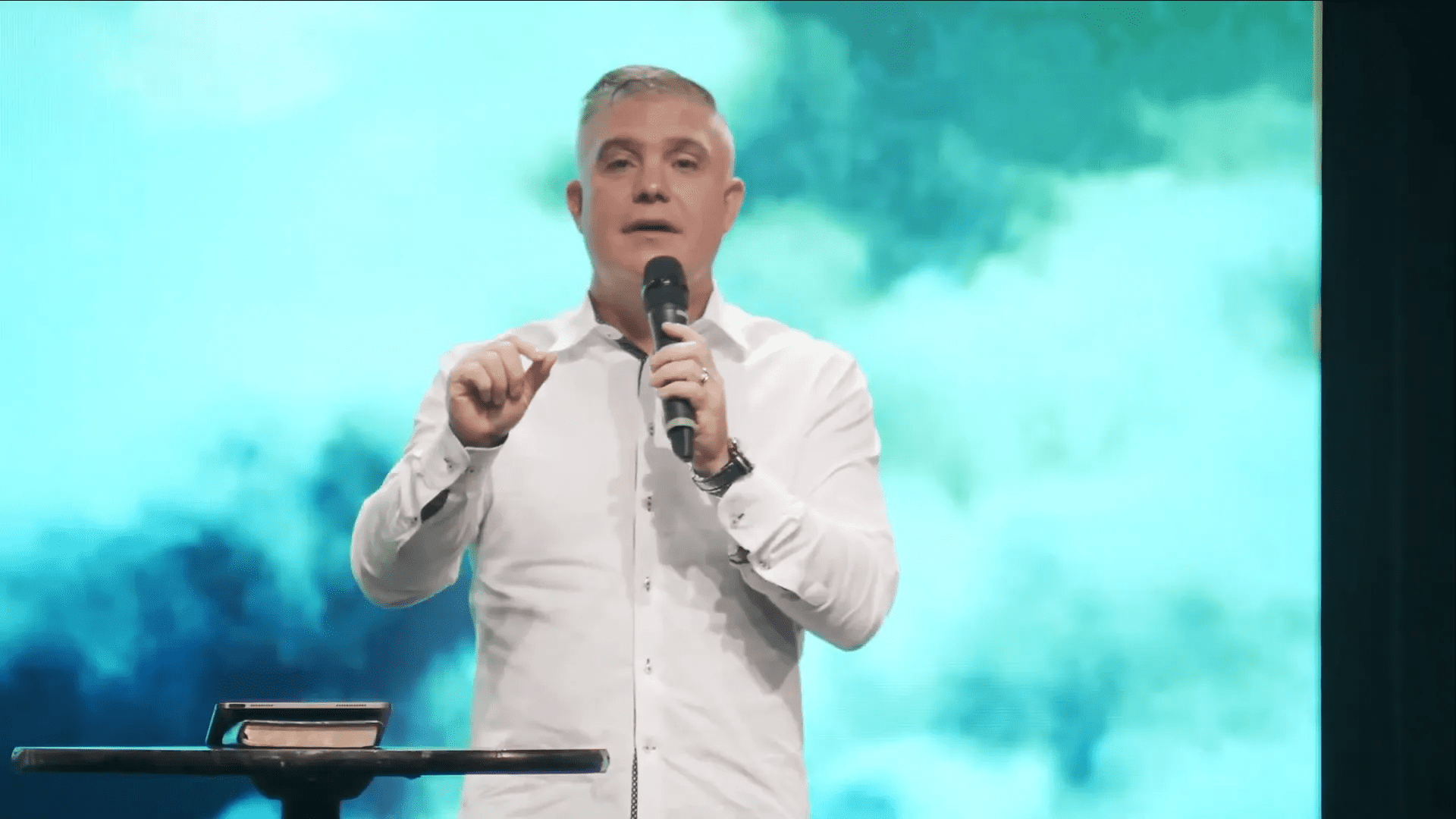
Experiencing Fulfillment in God’s Family
Being part of God’s family is integral to experiencing fulfillment. This community provides support, encouragement, and accountability as we navigate our spiritual journeys. In God’s family, we learn to love and serve one another, fostering an environment where everyone can thrive.
The Role of Community in Spiritual Growth
Community is essential for spiritual growth. In Acts 2:42-47, we see the early church devoted to teaching, fellowship, breaking of bread, and prayer. This model exemplifies how we should interact within the body of Christ—encouraging one another and sharing in each other’s burdens.
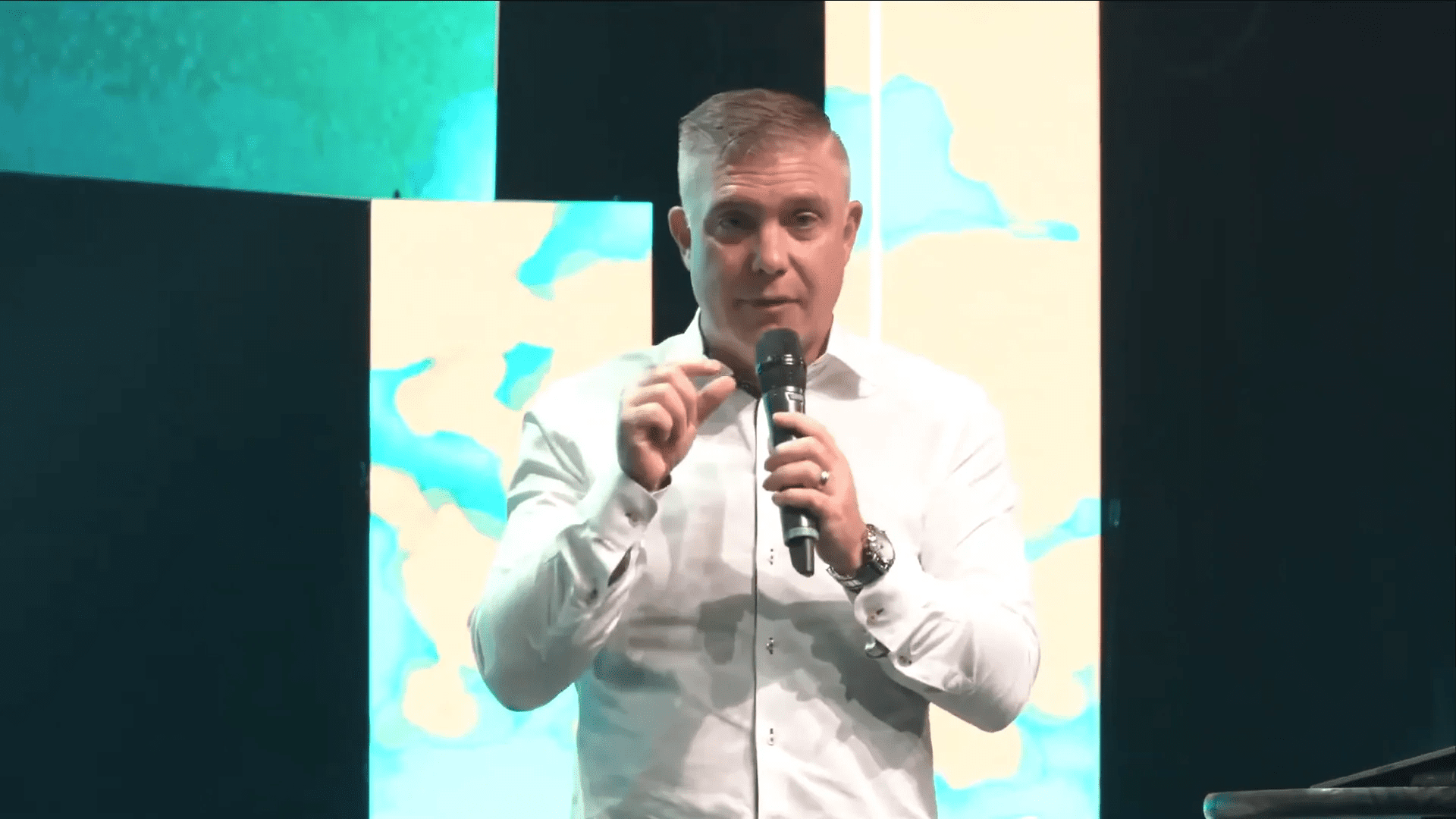
Finding Your Place in God’s Family
Each member of God’s family has a unique role to play. Discovering your spiritual gifts and how they fit into the larger body of Christ is key to experiencing fulfillment. This journey often involves exploration and service, allowing you to contribute to the mission of the church.
Communion: A Symbol of Freedom
Communion serves as a powerful reminder of the freedom we have in Christ. When we partake in communion, we commemorate the sacrifice Jesus made for our salvation and the freedom it brings. This act is not just a ritual; it is a celebration of the new covenant established through His blood.
The Significance of the Bread and the Cup
The bread represents Jesus’ body, broken for us, while the cup symbolizes His blood, shed for the remission of our sins. Together, they encapsulate the essence of our freedom—freedom from sin, guilt, and shame. As we partake, we affirm our identity as children of God and our commitment to live in that freedom.
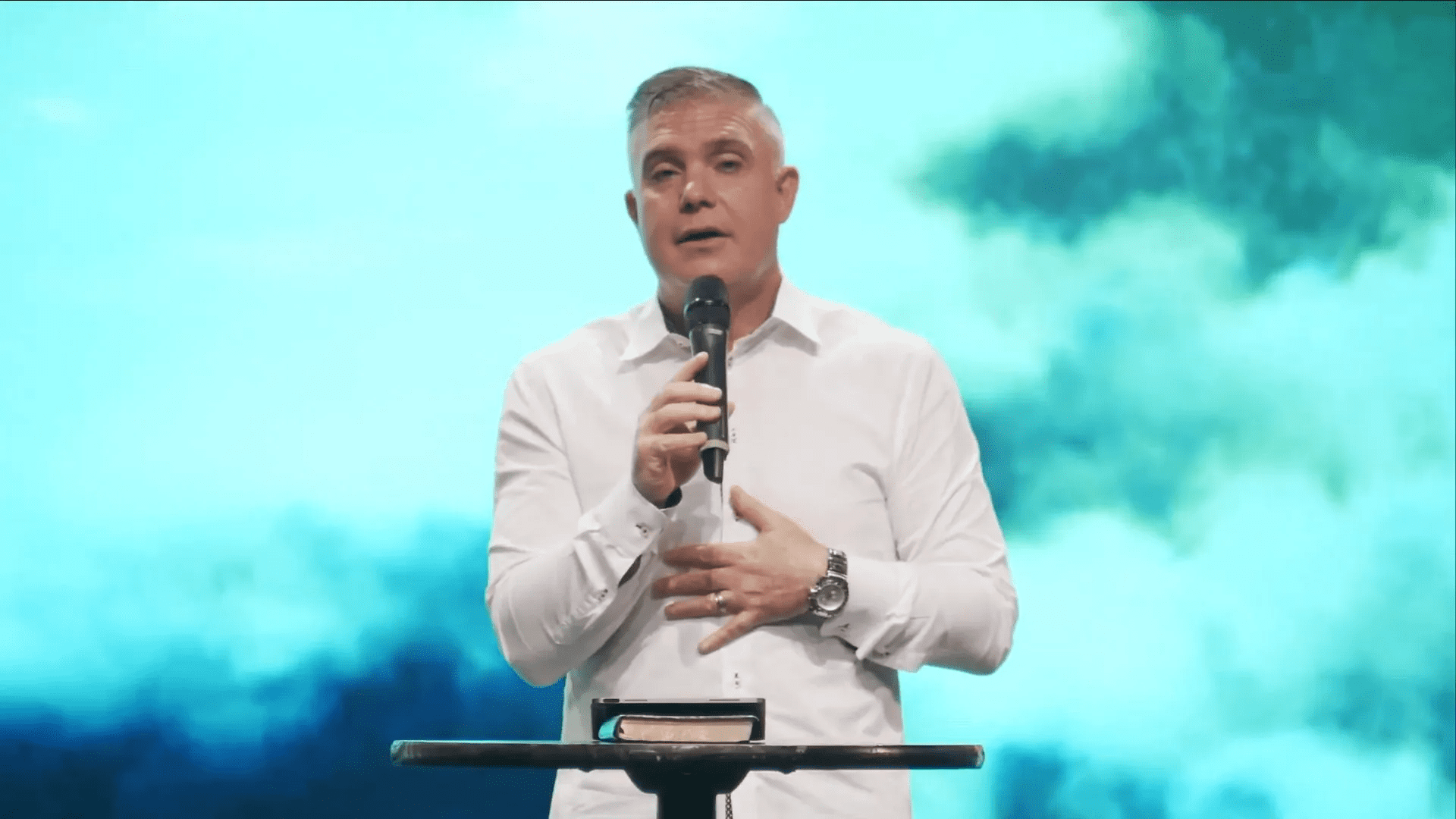
Participating in Communion with Purpose
As we approach communion, it’s essential to participate with purpose. Reflecting on our relationship with Christ and the freedom He offers allows us to engage meaningfully with this sacrament. It’s an opportunity to recommit ourselves to the journey of freedom and to celebrate the community we share in faith.
In conclusion, embracing true freedom is a multifaceted journey that involves understanding the stages of freedom, renewing our minds, experiencing fulfillment in God’s family, and actively participating in communion. Each aspect is vital for living out the abundant life that Jesus offers.
